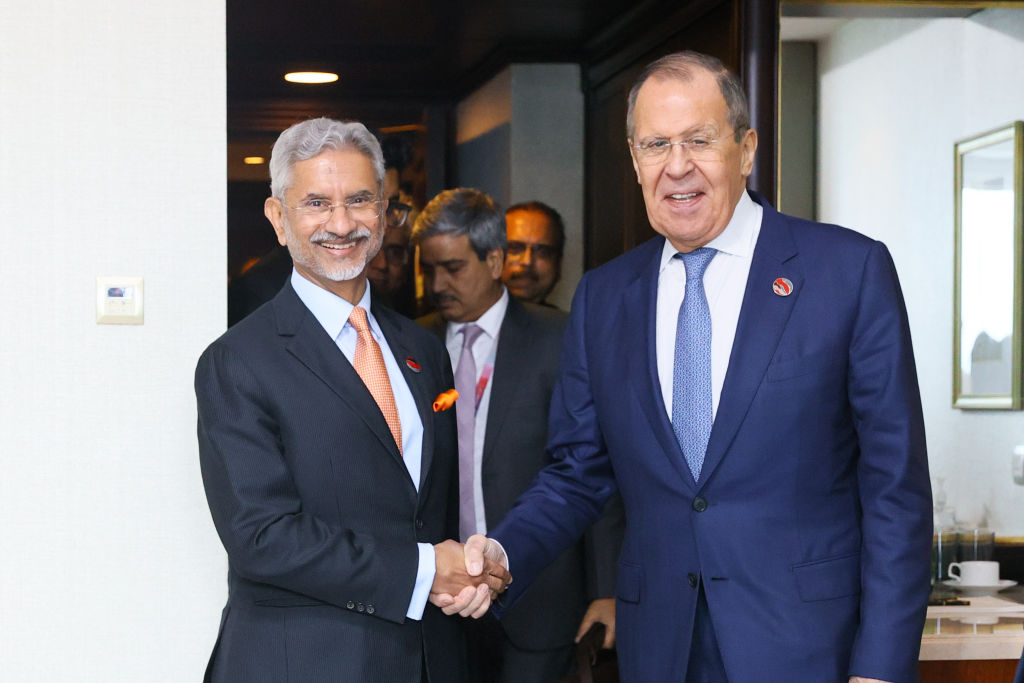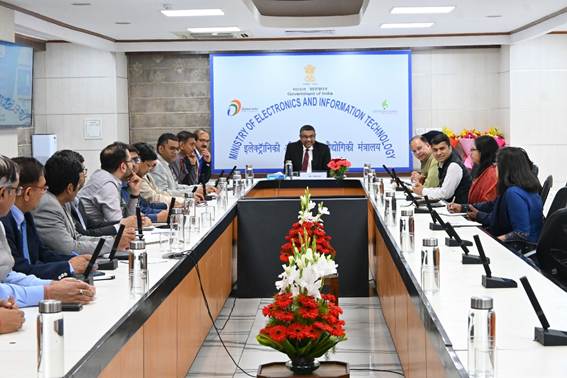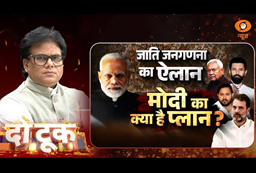External Affairs Minister S. Jaishankar held a telephonic conversation with Russian Foreign Minister Sergey Lavrov amid rising tensions between India and Pakistan following the terrorist attack in Pahalgam, which claimed 26 lives.
In a post on X, Jaishankar said, “Discussed the Pahalgam terrorist attack with FM Lavrov of Russia yesterday. Its perpetrators, backers and planners must be brought to justice. Also spoke about our bilateral cooperation activities.”
According to the Russian Foreign Ministry, the two leaders also reviewed the schedule of upcoming high-level engagements and exchanged views on issues concerning Russian-Indian cooperation. They further discussed the deteriorating India-Pakistan situation in the aftermath of the Pahalgam attack.
On April 22, gunmen opened fire on tourists in Pahalgam — popularly known as “mini Switzerland” — in what has been described as the deadliest attack in the Kashmir Valley since the 2019 Pulwama incident. Most of the victims were tourists. The Resistance Front (TRF), a proxy of Pakistan-based Lashkar-e-Taiba (LeT), initially claimed responsibility for the attack but later issued a statement denying involvement.
In the phone call, Lavrov reiterated Russia’s support for resolving India-Pakistan disputes through bilateral dialogue, in accordance with the Simla Agreement of 1972 and the Lahore Declaration of 1999.
In response to the terror attack, the Indian government announced a series of diplomatic measures. These included closing the Integrated Check Post at Attari, suspending the SAARC Visa Exemption Scheme for Pakistani nationals—who were given 40 hours to exit the country—and ordering a reduction in the strength of diplomatic staff in both nations’ High Commissions.
New Delhi also cancelled all types of visas granted to Pakistani nationals, directing them to leave by April 30, and closed Indian airspace to Pakistan-operated flights.
Islamabad, in retaliation, announced the suspension of all trade with India, including from or to third countries via Pakistan. Pakistani authorities also barred Indian airlines from using their airspace.
Meanwhile, ceasefire violations by Pakistani forces continued for the ninth consecutive day, with reports of small arms fire across five districts along the Line of Control in Jammu and Kashmir.
At a high-level security review meeting on April 29, Prime Minister Narendra Modi stated that the armed forces have been given full operational freedom to determine the mode, targets and timing of India’s response.
“It is our national resolve to deliver a crushing blow to terrorism,” PM Modi was quoted as saying by official sources.
–IANS




















